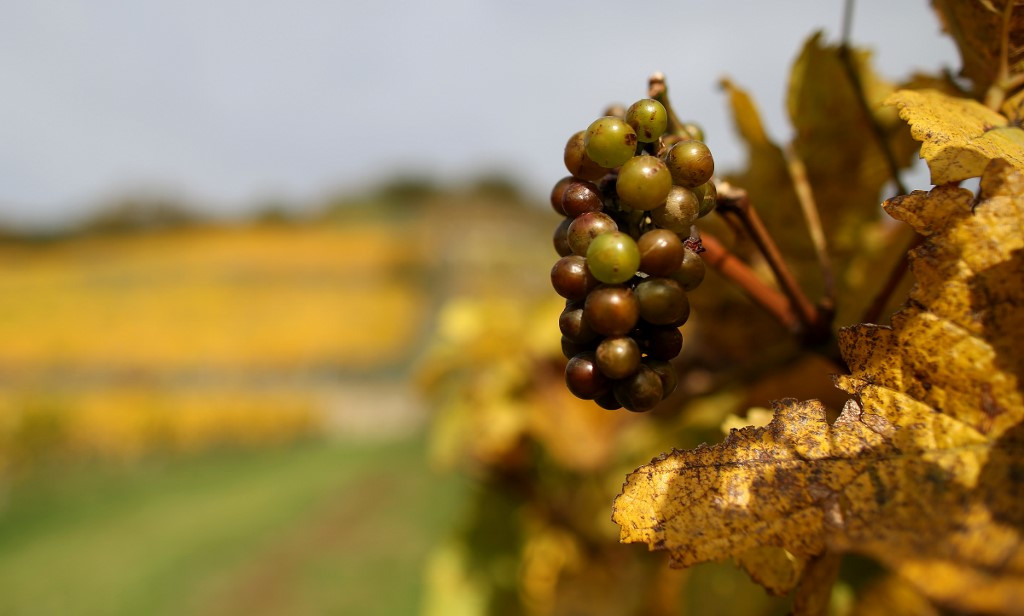Popular Reads
Top Results
Can't find what you're looking for?
View all search resultsPopular Reads
Top Results
Can't find what you're looking for?
View all search resultsGermany's ice wine harvest fails because of mild winter
An unusually mild winter has left Germany without an ice wine harvest for the first time, fueling fears that the sweet dessert wine will become a rarity in future.
Change text size
Gift Premium Articles
to Anyone
A
n unusually mild winter has left Germany without an ice wine harvest for the first time, the country's wine institute said Sunday, fueling fears that the sweet dessert wine will become a rarity in future.
None of Germany's 13 winemaking regions saw the necessary temperatures of minus seven degrees Celsius in 2019, one of the world's warmest years on record.
"The 2019 vintage will go down in history here as the first year in which the ice wine harvest failed nationwide," Ernst Buescher from the German Wine Institute (DWI) said in a statement.
Vintners had already struggled to produce the precious ice wine, which is high in sugar but low on alcohol content, in 2017 and 2018 when the weather was cold enough in just a few of Germany's winegrowing areas.
Harvests in 2012 and 2015 fared better, but winelovers would be lucky to lay their hands on one of 2014's few bottles, the DWI said.
Ice wine is made from grapes naturally frozen on the vine. The colder the temperature at the time of harvest, the sweeter the wine.
As temperatures rise because of climate change, vintners face the additional challenge of dealing with long, hot summers that are causing grapes meant for ice wine to ripen early.
Read also: Greek wine goes back to basics to resist climate change
"That means the grapes need to survive in a healthy state for longer before they can be harvested," said the DWI.
The prospects of a ruined harvest are leaving vintners increasingly reluctant to take on the challenge of producing ice wine, it warned.
"If the warm winters continue in coming years, ice wine from German wine regions could become an even more precious rarity than it already is," Buescher said.
German ice wines tend to have natural residual sugar levels of well over 100 grams per liter, but an alcohol content of only around seven percent.
The price of a small bottle of German ice wine starts at around 20 euros ($22) but higher quality ones can sell for well over 100 euros.
Canada, Austria and Germany are the largest producers worldwide of ice wine.
The novel desert wine is especially popular in Japan, China, Scandinavia and the United States.











